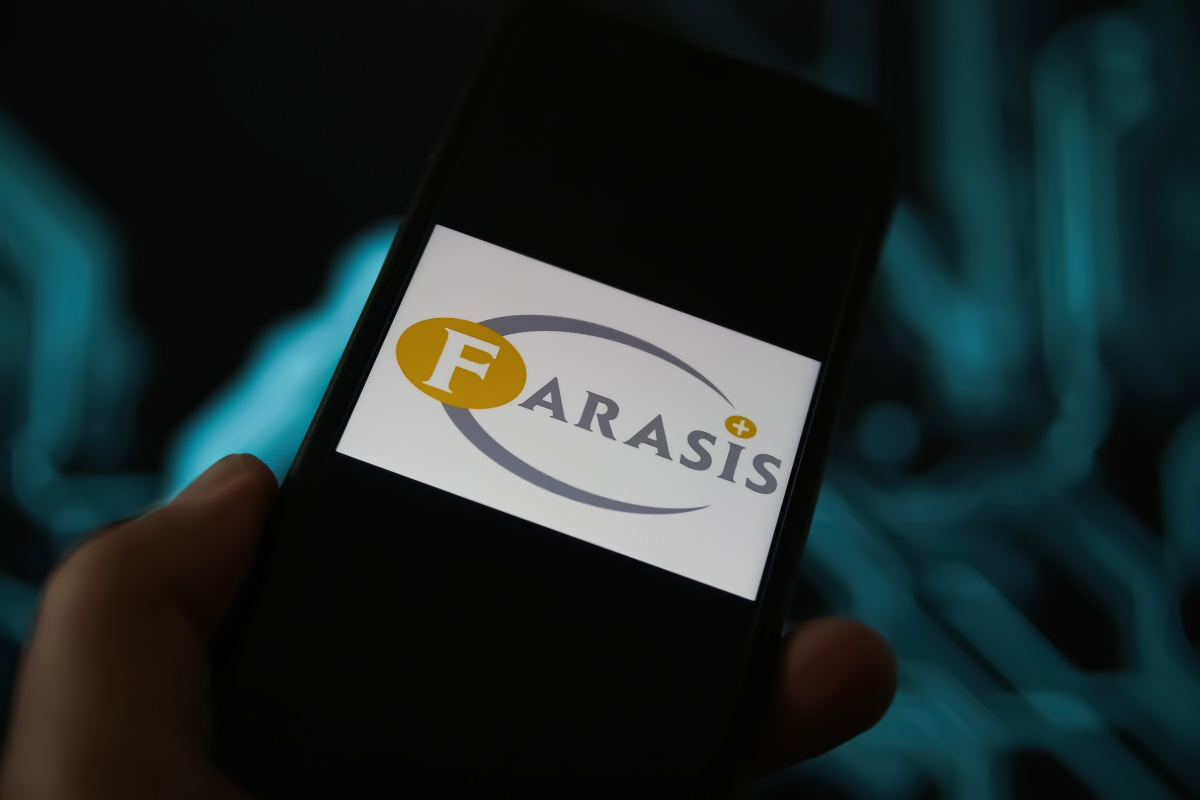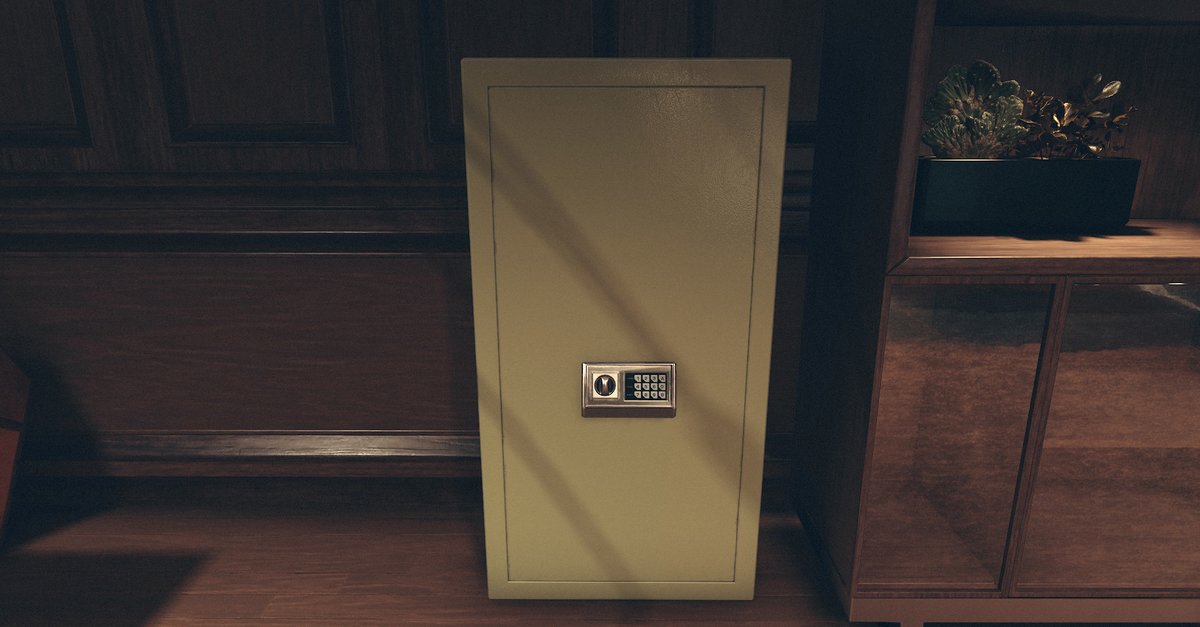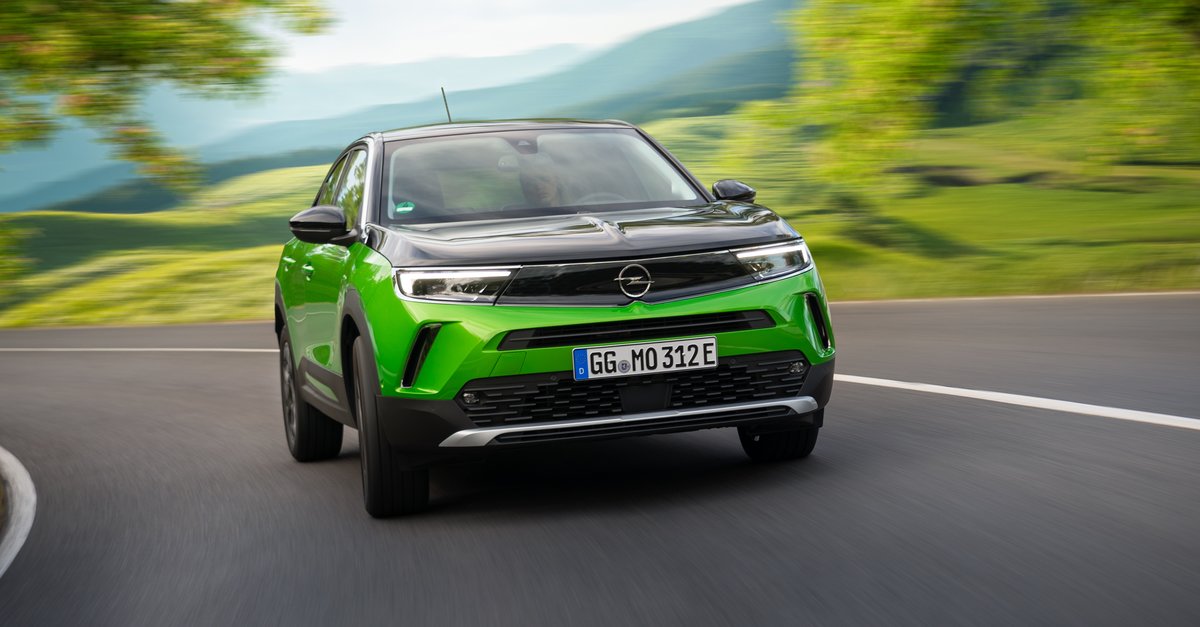That is behind the allegations against Daimler partner Farasis
After quality allegations, the European boss is now also leaving the company. He leaves a construction site in Bitterfeld. Whether cells will ever be manufactured there is in the stars.
Difficult times for the Chinese cell supplier Farasis: Several factors are currently dampening the mood. On the one hand, there are persistent rumors about quality deficiencies up to the impending end of the partnership with Daimler. In addition, there have recently been assumptions that the loss of the European boss will make Farasis difficult to cope with and that the construction of the Gigafactory in Bitterfeld will not be possible. Everything had started very well: The partnership resulted in a three percent stake in the cell manufacturer. It is said to have cost Daimler 400 million euros. Farasis then planned a cell factory in Bitterfeld-Wolfen, in the “Solar Valley”. It should supply the required components: from 2022 eight to ten gigawatts of production capacity are planned per year. That was in mid-2019. Over the next few years, Mercedes is announcing more and more models, announcing partnerships and the entire market is rapidly turning to the topic of electromobility.
Finally, in February 2021, rumors began to circulate that the first Farasis samples were of poor quality. The Handelsblatt had spread that they were dissatisfied with Mercedes. Those responsible would have described the quality of the climate-neutral manufactured components with the word “catastrophic”. Behind closed doors, there should have been talk of “considerable problems”. The denial follows immediately. Farasis European boss Sebastian Wolf told the magazine Automobilindustrie: “We don’t know where these statements come from.” There would be no quality problem. Wolf also explained that the series was already ramping up, the time for samples was long over. Daimler also denies the reports. Farsis later reveals that the first samples were delivered in 2018. The tests were so positive that Daimler nominated Farasis. The press release quoted the Handelsblatt from July 12th: “In fact, executives at Daimler are also very impressed with the chemical mix. Not least thanks to the cells from Farasis, the fully electric luxury sedan EQS will achieve a range of 770 kilometers, explained a high-ranking manager.
Apparently there were problems in Bitterfeld-Wolfen. In the spring, Mercedes managers are said to have become nervous: The Farasis factory for 600 million euros did not yet have a building permit. Observers estimated that the forecasted 600 employees will not be able to start production until 2024 at the earliest. In July 2021, Business Insider wrote that it had learned that the factory will not provide any batteries for Daimler in the coming years. Farasis admits that they are working on a “potential localization strategy” of which Bitterfeld is part. However, the current series comes from China and is a top product with an energy density of 285 watt hours per kilogram. Wolf does not want to say whether it will ever be made in Bitterfeld. In the current press release, Farasis writes that the strategy for the location will be announced in due course. In the meantime it is also clear that the cells for the Turkish electromobile Togg will not come from Bitterfeld, but that the partners are planning a factory in Turkey.
The next blow for the European arm of the supplier comes in early summer: first there are rumors, then Daimler confirms: The company wants to go back to cell production. The management announced that they wanted to build eight gigafactorys with partners to build their own cells. The partnership with Farasis continues, company spokesmen assure upon request. Sebastian Wolf emphasizes that it is quite normal to concentrate on several suppliers when dealing with millions of vehicles. After all, Mercedes is planning to get out of combustion engine production earlier.
The MDR reported in September that a major Farasis customer had dropped out and it sounds like it is Daimler. Again the supplier defends himself against the statement: It is “false and untrue”. Farasis emphasizes that he appointed Daimler Board Member Markus Schäfer to the Farasis Supervisory Board at the end of July. “Mr. Schäfer would not have taken on this post if the partnership were in any way questionable,” writes the company.
The next bad news concerns the executive floor. Sebastian Wolf, who initiated the deals with Daimler and Togg, is leaving the company. A short time later it is announced that he will be in the future for VW six European battery factories should build. Farasis rushes to assure that everything will remain the same: the departure will have no effect on business strategy. Wolf originally wanted to build a new European headquarters in Bitterfeld. Two other Germans from the company, Stefan Bergold and André Gronke, have now taken over the interim management of Farasis Europe. Farasis writes: “All plans and projects continue unchanged.” It is not always clear what exactly they are.



